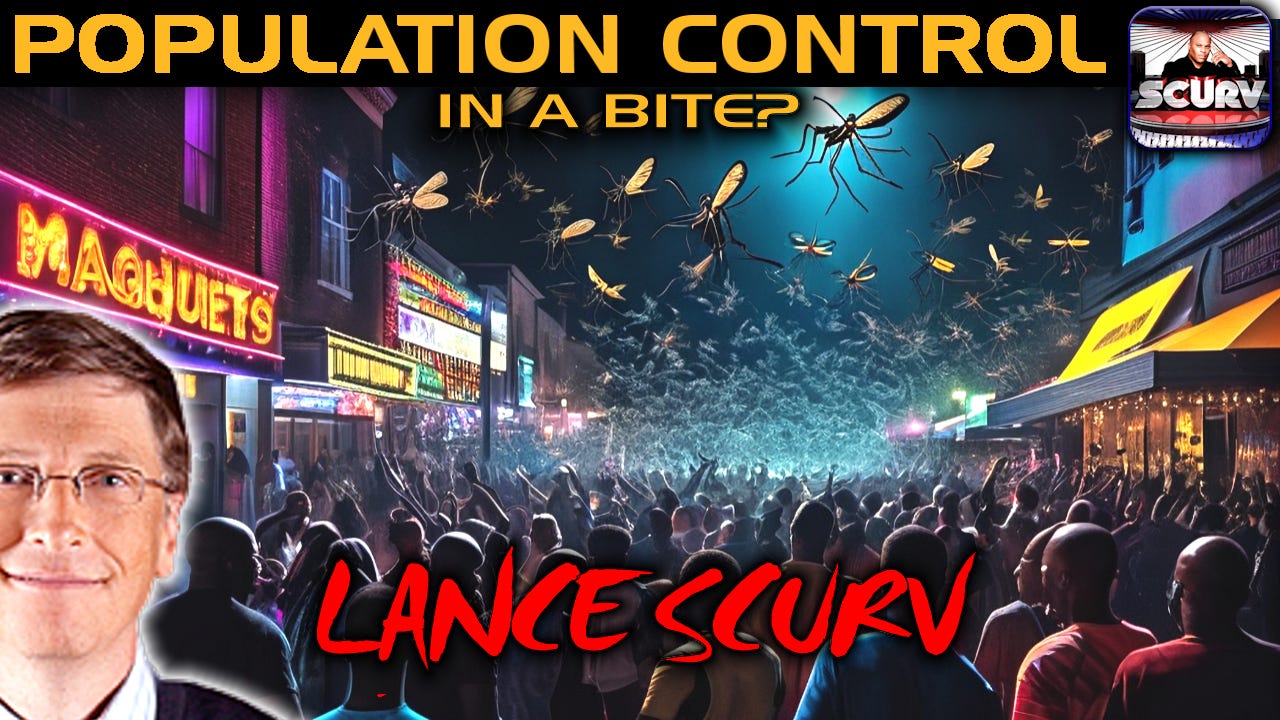In recent years, the scientific community has seen groundbreaking advancements in genetic engineering, one of which is the development of genetically modified organisms (GMOs). Among these, GMO mosquitoes have emerged as a controversial innovation, especially with significant funding and support from figures like Bill Gates. These genetically altered mosquitoes were designed to combat the spread of deadly diseases by targeting and eliminating specific female mosquito populations responsible for transmitting illnesses such as malaria, dengue, and Zika virus. While the intention behind this initiative is to reduce the prevalence of these diseases, it also raises significant concerns and ethical questions.
The Concept Behind GMO Mosquitoes
The primary aim of GMO mosquitoes is to reduce the population of disease-carrying mosquitoes. This is achieved by releasing genetically modified male mosquitoes into the wild, which then mate with wild females. The offspring produced from these unions inherit a gene that either kills them before reaching maturity or makes them incapable of reproducing. Over time, this process is expected to drastically reduce the mosquito population, thereby curbing the spread of mosquito-borne diseases.
Concerns Over GMO Mosquitoes
While the potential benefits of GMO mosquitoes are substantial, there are several concerns that cannot be overlooked:
1. Potential for Misuse: One of the most significant worries is the potential for these genetically modified mosquitoes to fall into the wrong hands. If these organisms were to be used as bioweapons, they could be engineered to spread harmful substances or diseases intentionally. The idea of weaponized insects is not new, but the advent of GMO technology makes it a more feasible and terrifying reality.
2. Unintended Health Consequences: The long-term effects of being bitten by a GMO mosquito are not fully understood. Different individuals may react differently to substances introduced into their bodies, and what is harmless for one person might be detrimental to another. Given the variability in human physiology, this is a significant concern that needs thorough investigation.
3. Disruption of Ecosystems: Nature operates on a delicate balance, and the introduction of genetically modified organisms can have unforeseen consequences on ecosystems. The reduction or elimination of a mosquito species could disrupt food chains, affecting other species that rely on them for food. This could lead to a cascade of ecological consequences that we are not prepared for.
4. Ethical and Moral Implications: The ethical considerations surrounding GMO mosquitoes are profound. Should humans have the right to alter or eliminate entire species, even if it's for the greater good? This question touches on deep moral and philosophical issues that need careful deliberation.
5. Lack of Transparency and Public Trust: Given the history of misinformation and lack of transparency in many scientific endeavors, public trust is a crucial factor. People have become wary of new technologies, especially when past "remedies" have turned out to be harmful or ineffective. It is essential that the development and deployment of GMO mosquitoes are conducted with full transparency and robust public engagement.
Addressing the Gray Area
The introduction of GMO mosquitoes presents a complex issue with no easy answers. On one hand, the potential to significantly reduce the spread of deadly diseases is a compelling argument in favor of their use. On the other hand, the potential risks and ethical dilemmas cannot be ignored.
Here are some points to consider in navigating this gray area:
1. Rigorous Testing and Monitoring: Before any widespread release, GMO mosquitoes must undergo extensive testing and monitoring to ensure their safety and effectiveness. Independent studies should be conducted to assess their impact on human health and the environment.
2. Public Engagement and Transparency: Open dialogue with the public is essential. People have the right to be informed about new technologies that may affect them, and their concerns should be addressed transparently and honestly.
3. Strict Regulations and Safeguards: Robust regulatory frameworks must be established to prevent the misuse of GMO technology. Safeguards should be in place to ensure that these organisms are not weaponized or used irresponsibly.
4. Ethical Considerations: Ethical discussions should be an integral part of the development process. Multidisciplinary teams, including ethicists, ecologists, and community representatives, should be involved in decision-making processes.
5. Alternative Solutions: While GMO mosquitoes offer a potential solution to mosquito-borne diseases, alternative methods should also be explored and developed. Integrated approaches combining genetic, environmental, and chemical methods may offer a more balanced and sustainable solution.
The development and deployment of GMO mosquitoes represent a significant scientific breakthrough with the potential to save millions of lives. However, the concerns surrounding their use are equally significant. As we move forward, it is crucial to approach this technology with caution, transparency, and a commitment to ethical and ecological responsibility. By doing so, we can strive to harness the benefits of genetic engineering while minimizing its risks and ensuring the well-being of both humanity and the natural world.












